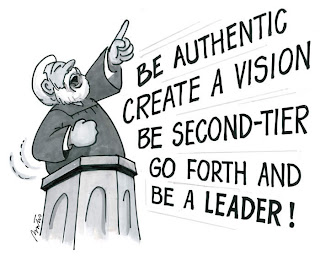With apologies to yeehaw's everywhere.his point of view is no different or any more informed than the yeehaw one finds chewing the cardboard cup at a tim's. if this is a director no wonder the company has been in decline.
Martin does make some seemingly shallow comments for someone who is a) dean of a business school b) a recognized governance thought-leader and c) a New England Patriots fan. A couple of examples:
“So we’re supposed to hand it over to children, or morons from the outside who will destroy the company?"
“If we were to say to Jim and Mike, ‘Well, we’re the board and you should go away now,’ they would have laughed at us.”
People were saying we can’t make powerful phones like Apple. Yes, we can, but we couldn’t believe consumers would put up with that kind of battery inefficiency and that kind of network inefficiency.
The tricky aspect, he says, was the former bosses deciding what they wanted to do. They decided to stay on as directors
Mr. Lazaridis, he says, “is a genius – so having him off the board would be a good idea?”
The two former CEOs are about more than RIM. Mr. Balsillie founded a global policy institute and pursued hockey teams; Mr. Lazaridis built a physics research hothouse. Had they become distracted when the company needed their full attention?The majority of commenters - surprisingly, even I couldn't resist - weren't impressed.
“I just don’t buy that,” says Mr. Martin, arguing that the outside interests energized the two. “We’re all human beings – they’re not automatons.”
Sad reflection of the future of Canadian business if this hand puppet actually reflects the quality of business education at UofT.
This guy sounds like he is just part of RIM's critical mass of arrogance which got them in this mess in the first place.
Martin is in cloud cookoo land if he thinks two CEOs who are busy doing Perimeter Institute, hockey teams, global affairs and other things can succeed.
What doesnt quite ring true here. A touted Harvard business major, keen on sports as a model of business situations; associated for many years with the principals of RIM, doesnt carry the clout to have the captains alter course when he signals iceberg ahead
One gets the sense from this article that Martin is feeling the heat. He should be. RIM comes off as a high profile screw up and he and his fellow governors come off as sight-seers on the Costa-Concordia (take that Titanic!).This guy is quite a load.
One wonders what fellow Board members, employers and other clients think, if anything - but one poster did go so far yesterday as saying
I will be getting an MBA and I can now safely say that UofT will not even be on my long list. Too much hubris from the dean.




